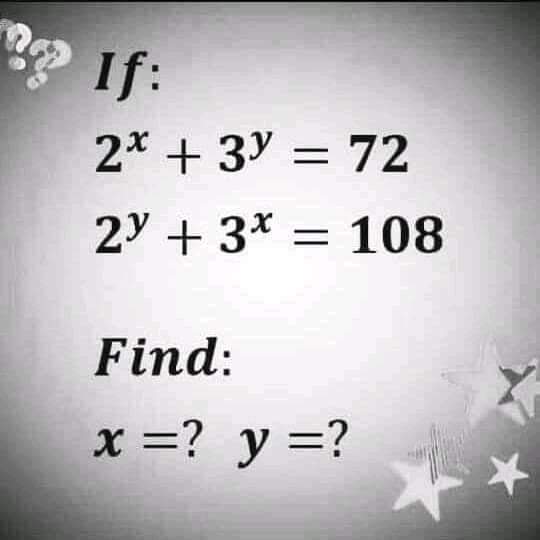
AllQuestion and Answers: Page 1156
Question Number 102530 Answers: 0 Comments: 1

Question Number 102527 Answers: 3 Comments: 0
$$\mathrm{2}{y}''−{y}'+{y}\:=\:\mathrm{cos}\:\mathrm{3}{x}\: \\ $$
Question Number 102524 Answers: 1 Comments: 1

Question Number 102517 Answers: 0 Comments: 1
Question Number 102515 Answers: 2 Comments: 0
Question Number 102510 Answers: 2 Comments: 0
Question Number 102508 Answers: 0 Comments: 5
Question Number 102507 Answers: 0 Comments: 2
Question Number 102491 Answers: 0 Comments: 0
Question Number 102490 Answers: 1 Comments: 0
Question Number 102484 Answers: 1 Comments: 0

Question Number 102480 Answers: 1 Comments: 0
Question Number 102474 Answers: 1 Comments: 0
Question Number 102470 Answers: 1 Comments: 0
$$\int\frac{{dx}}{{x}^{\mathrm{10}} +{x}^{\mathrm{2}} } \\ $$$$ \\ $$
Question Number 102467 Answers: 1 Comments: 5
Question Number 102462 Answers: 8 Comments: 0
Question Number 102461 Answers: 1 Comments: 0
$$\int\:\frac{{dx}}{\sqrt{\mathrm{5}{e}^{\mathrm{2}{x}} +\mathrm{4}{e}^{{x}} +\mathrm{1}}}\:=? \\ $$
Question Number 102555 Answers: 0 Comments: 0
Question Number 102450 Answers: 3 Comments: 2

Question Number 102444 Answers: 1 Comments: 0
Question Number 102418 Answers: 1 Comments: 0

Question Number 102417 Answers: 3 Comments: 0
Question Number 102416 Answers: 2 Comments: 0
Question Number 102407 Answers: 0 Comments: 0
Question Number 102397 Answers: 0 Comments: 0
Question Number 102383 Answers: 0 Comments: 2
Pg 1151 Pg 1152 Pg 1153 Pg 1154 Pg 1155 Pg 1156 Pg 1157 Pg 1158 Pg 1159 Pg 1160
